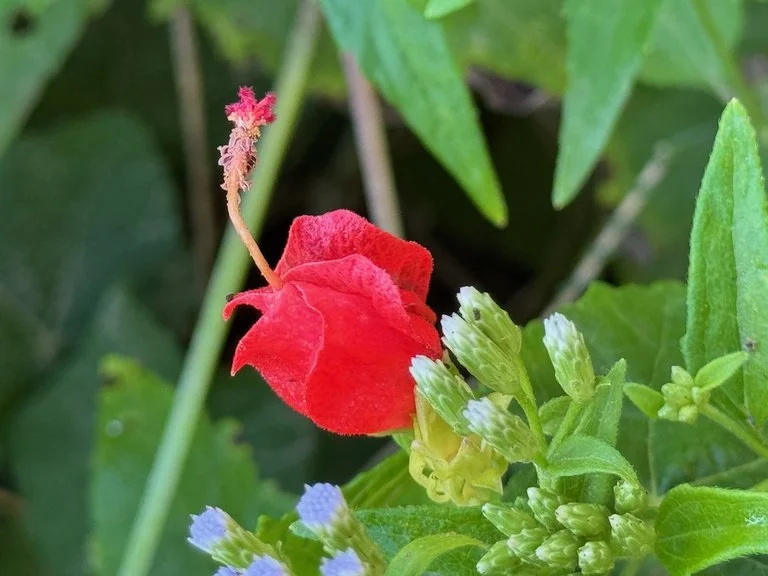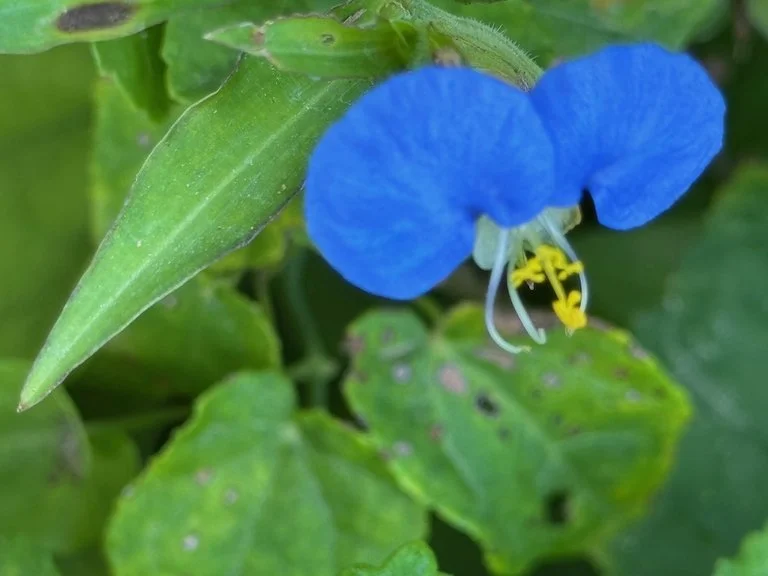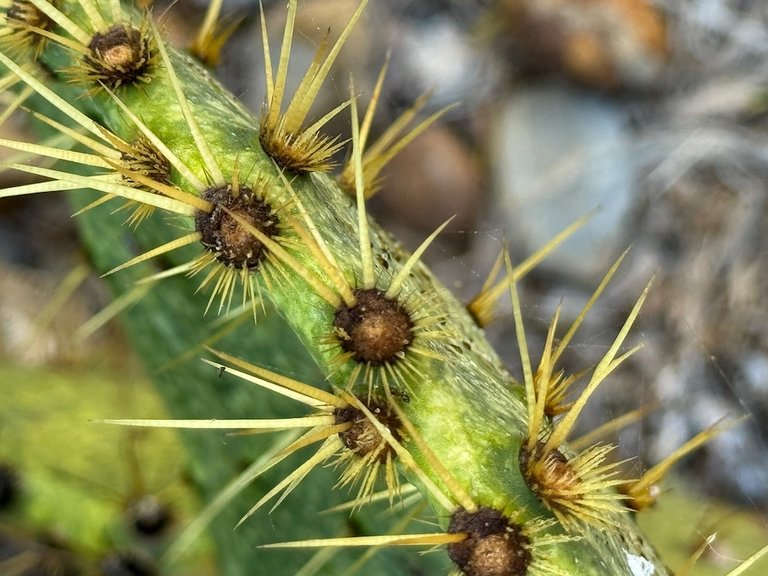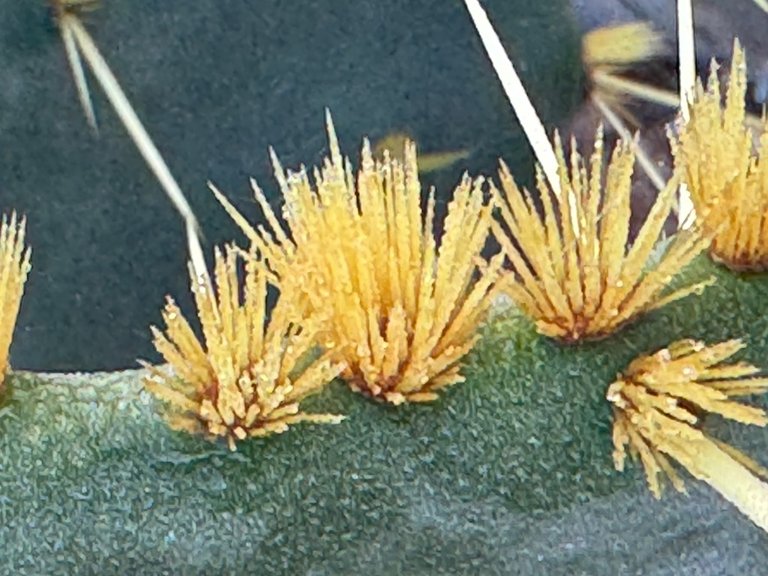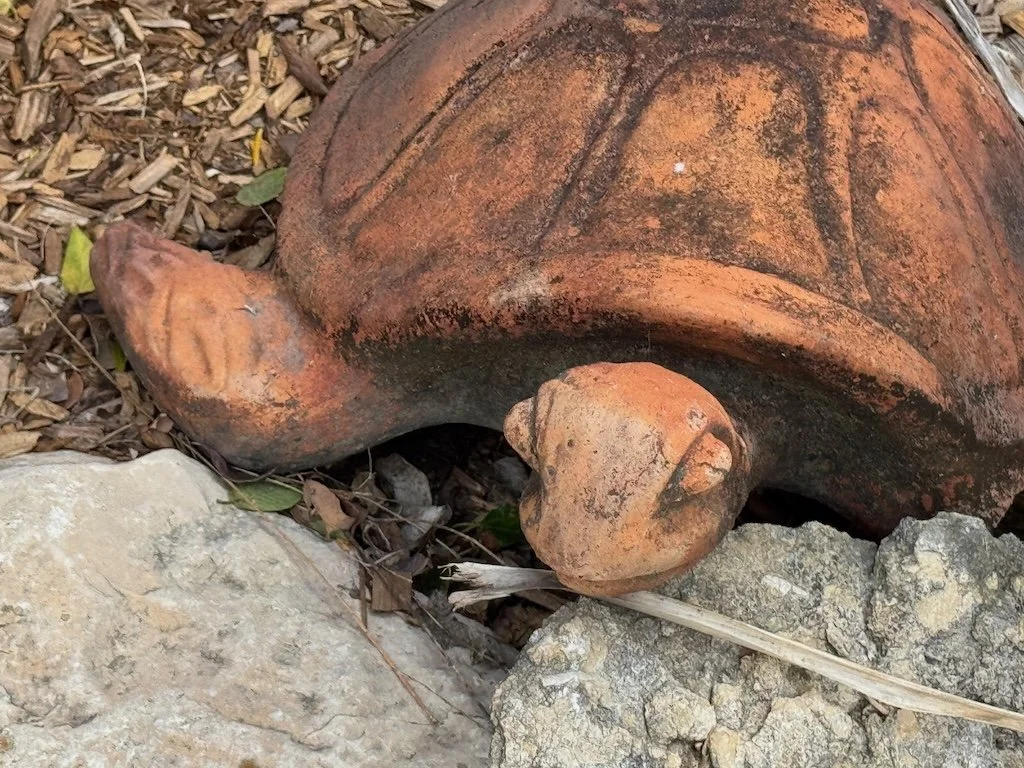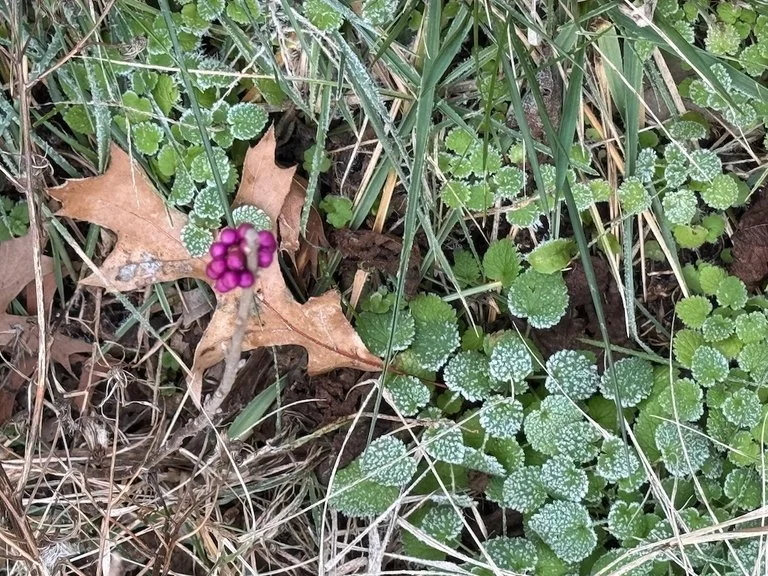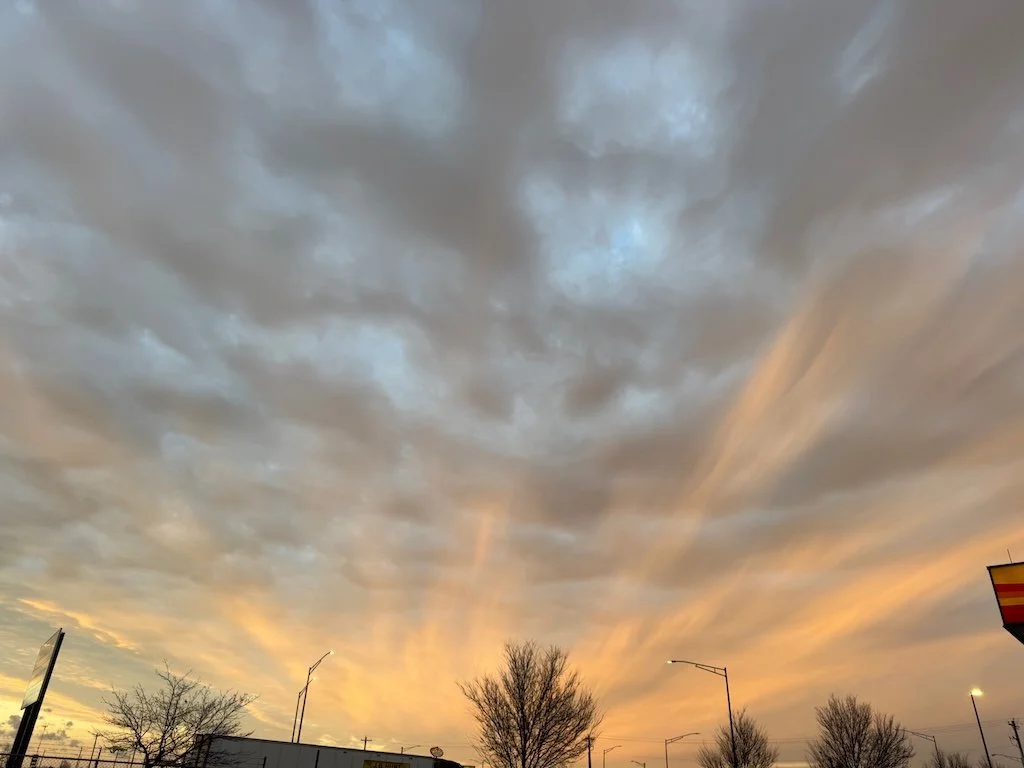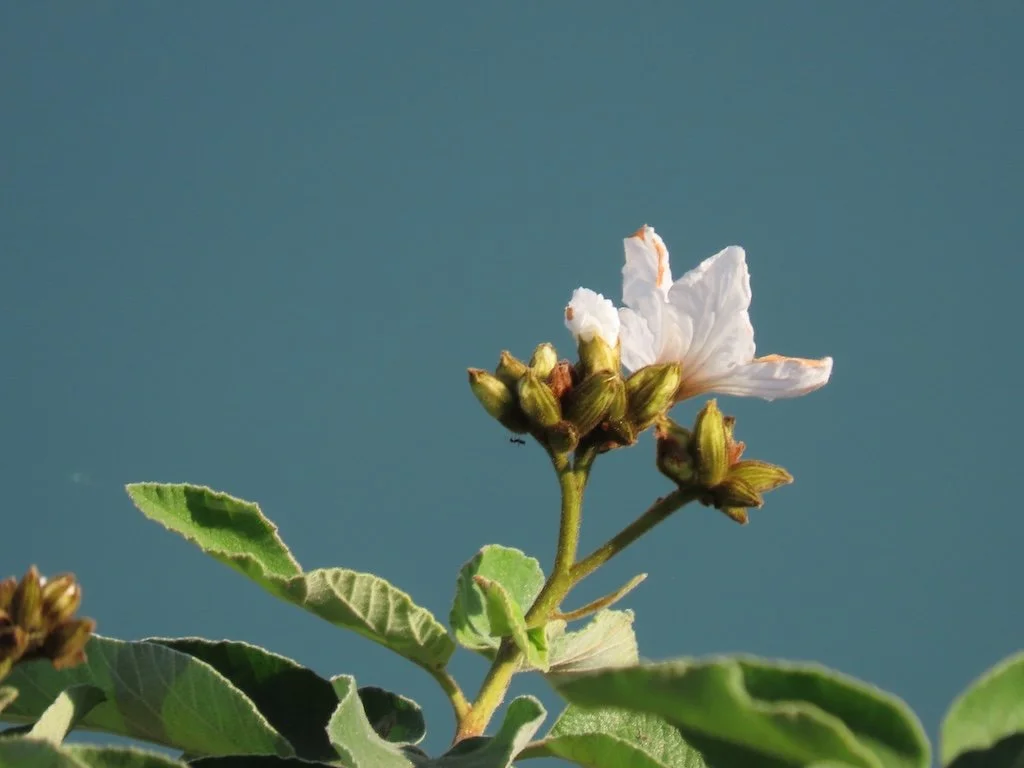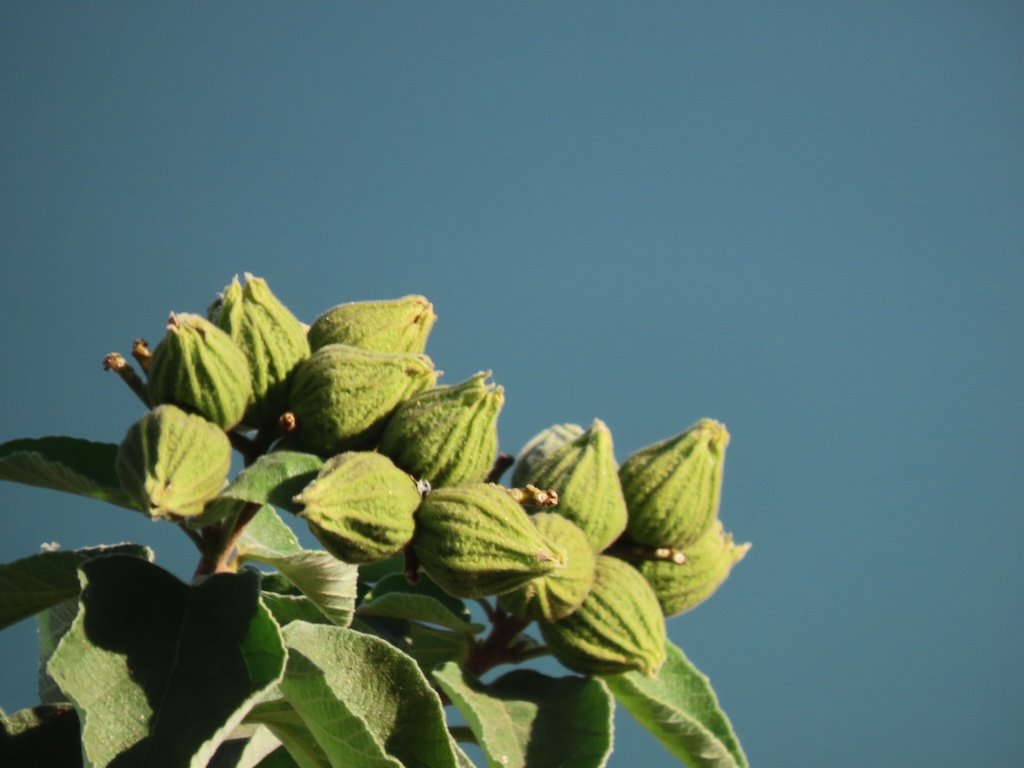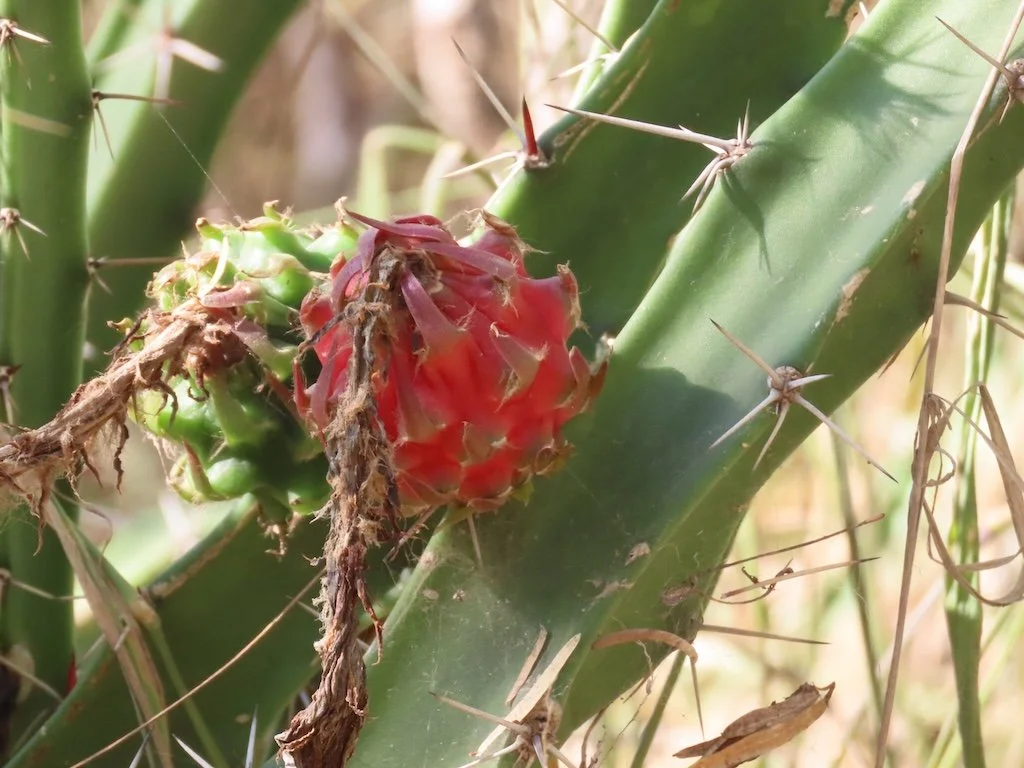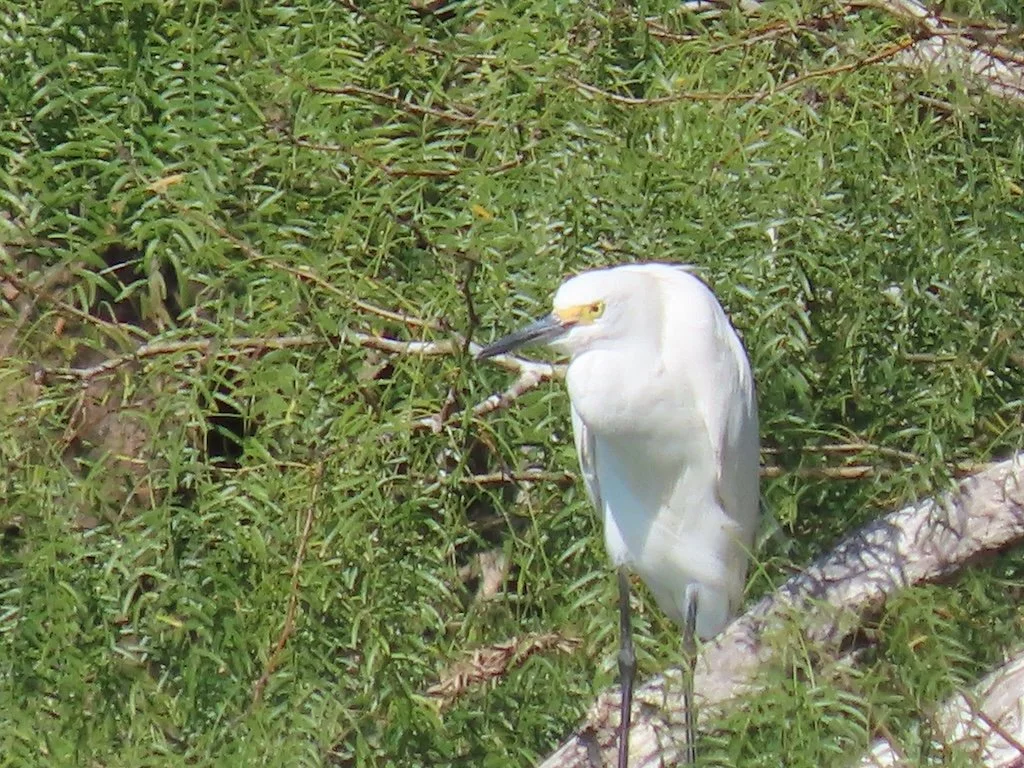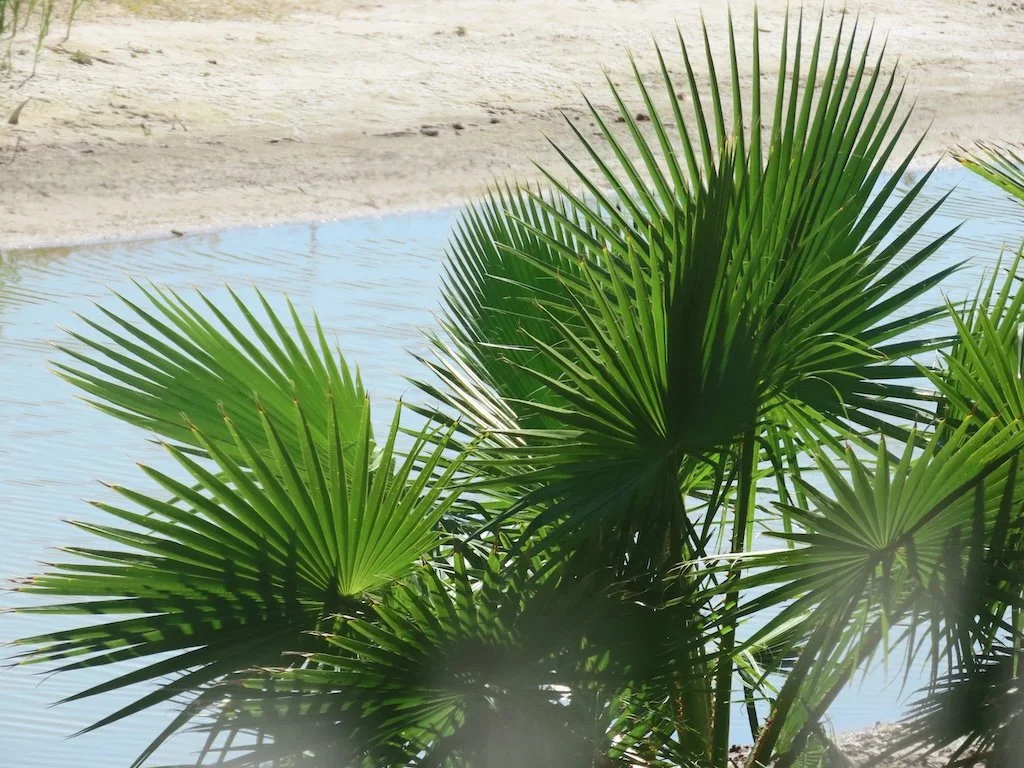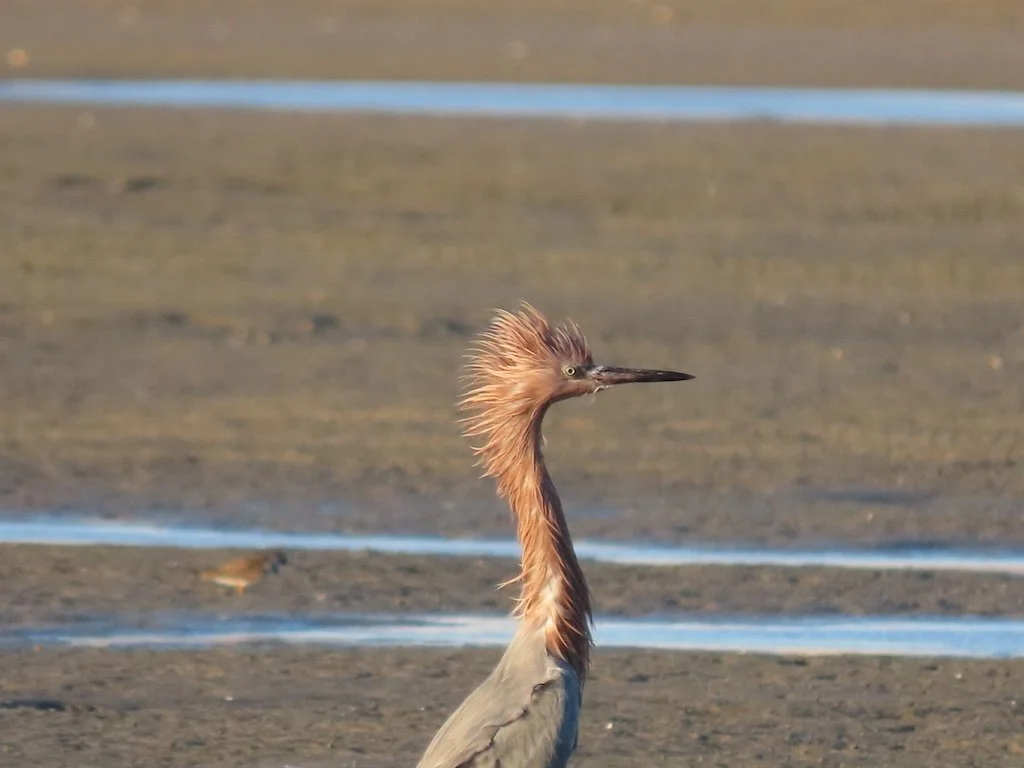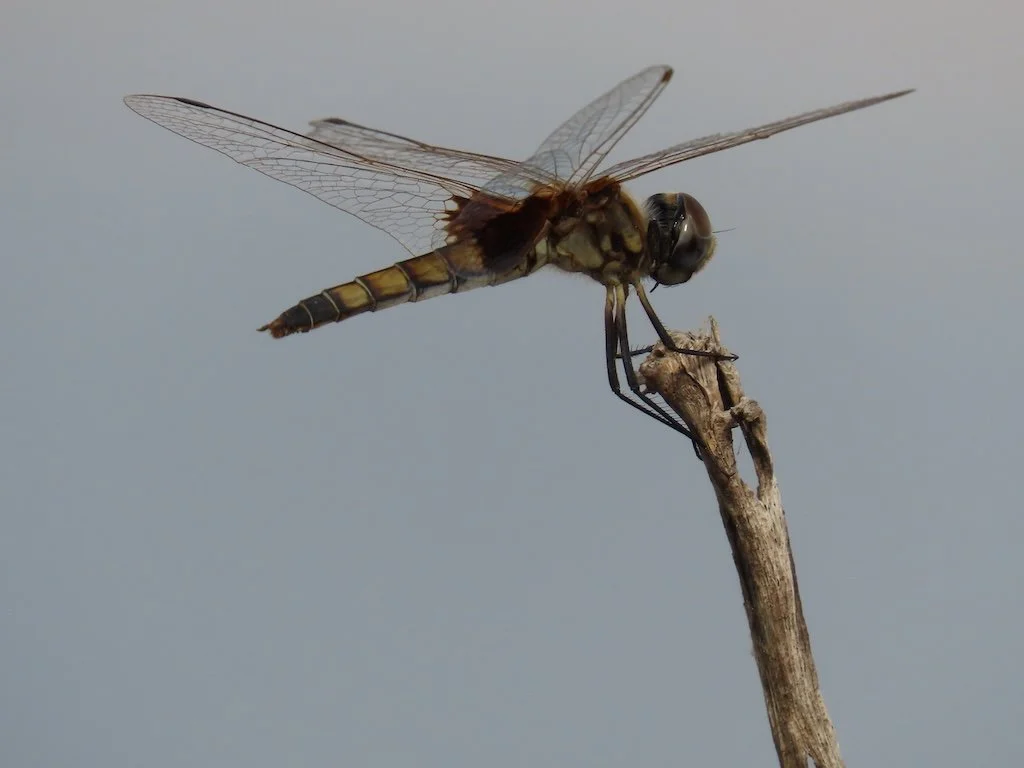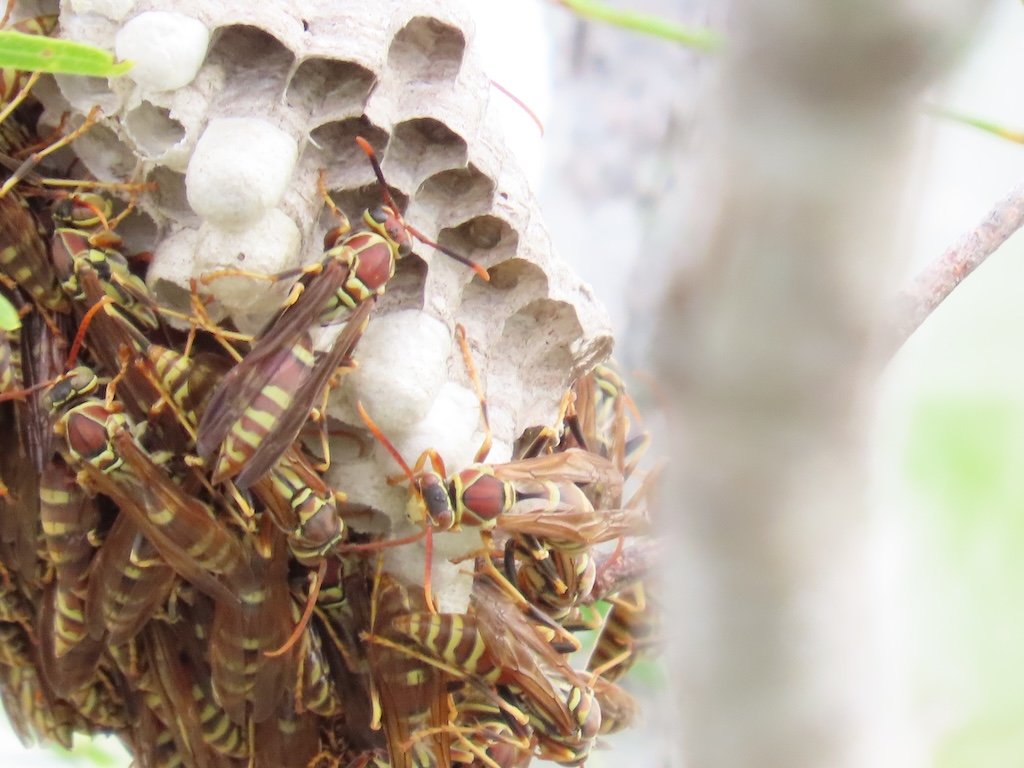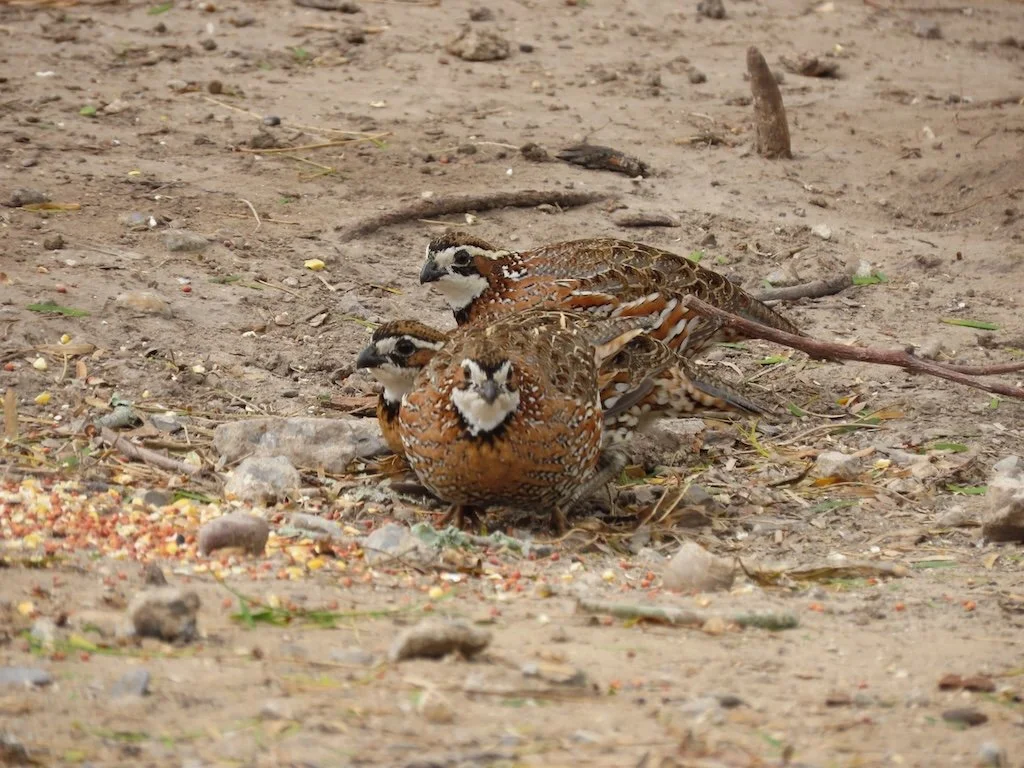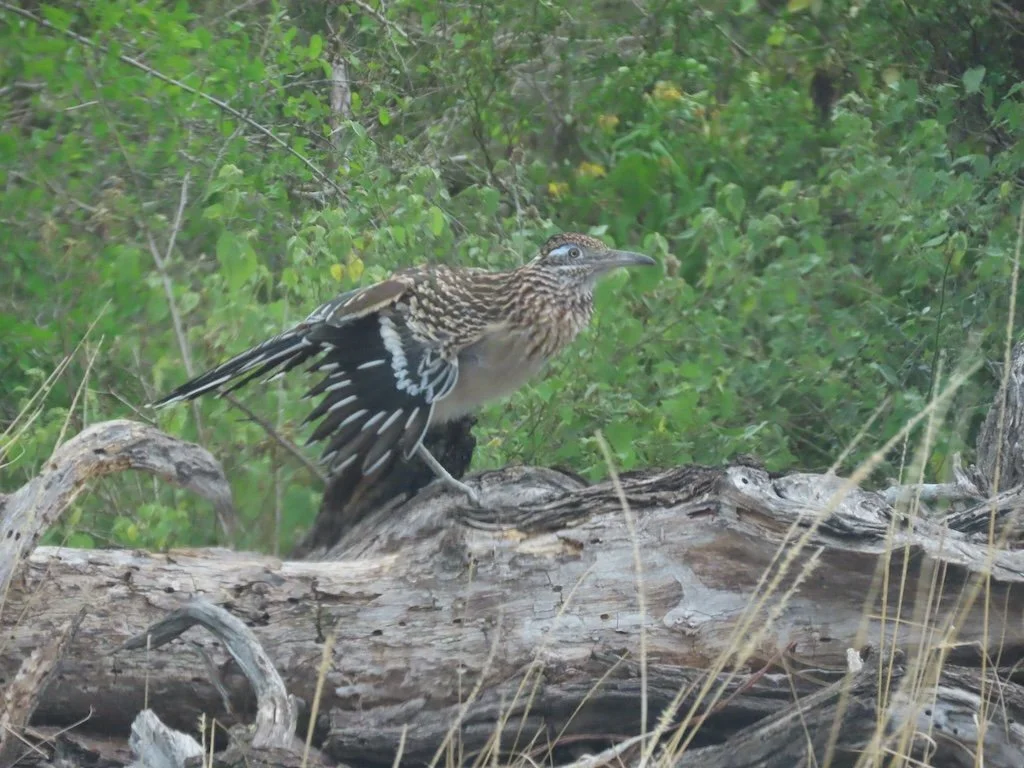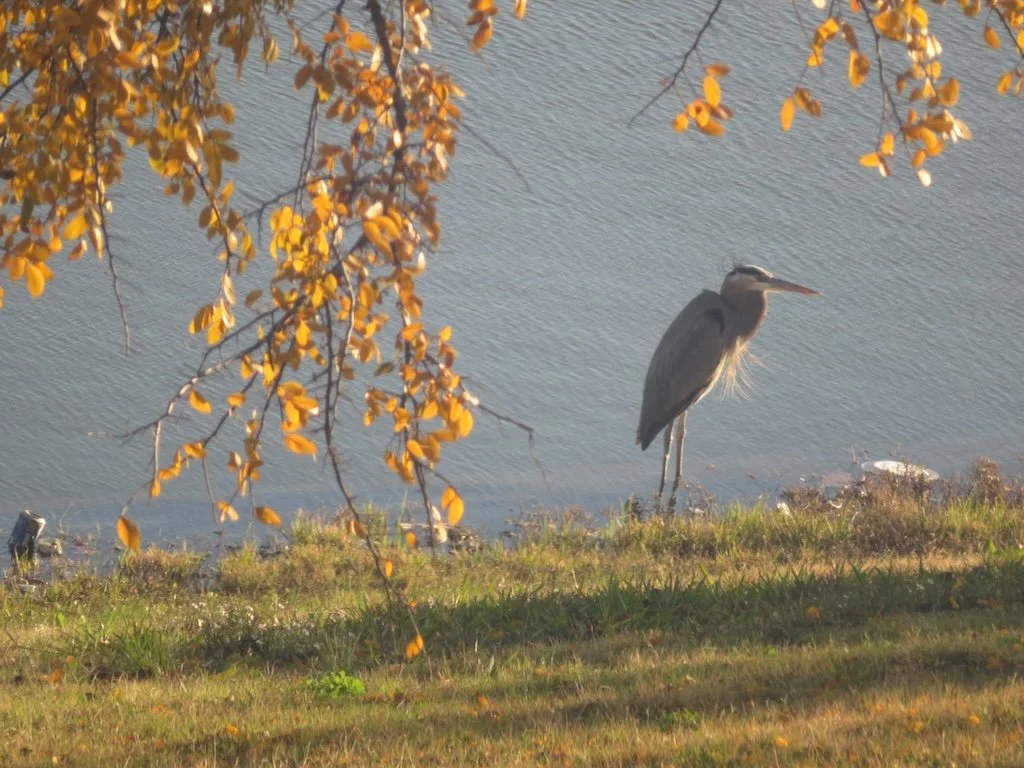Gleanings of the Week Ending April 6, 2024
/The items below were ‘the cream’ of the articles and websites I found this past week. Click on the light green text to look at the article.
What do terracotta warriors tell us about life in ancient China? – Discovered 50 years ago…they are a snapshot of the soldiers of Qin – the feudal state that unified China, for the first time in 221BC under the country's first emperor Qin Shi Huang – from the soles of their shoes to their candy-colored clothes to the bronze weapons buried with them to their distinct facial features. 2,000 terracotta warriors have been excavated but more are uncovered every year.
This Map Shows Where Planting Trees Would Make Climate Change Worse - Trees draw down carbon dioxide from the atmosphere, helping to keep warming in check. But their dark, green leaves also absorb heat from sunlight. Snow and sand, by virtue of their light color, reflect more sunlight back into space. As such, trees planted in snowy areas or in the desert will absorb more sunlight than their surroundings, which may negate the climate benefits of soaking up carbon dioxide.
These 3,000-Year-Old Treasures Were Forged from Meteoritic Iron - In the 1960s, researchers discovered a trove of Bronze Age treasure in Villena, Spain. New research has revealed that some of them made between 1400 and 1200 B.C.E. were forged from iron from a meteor that struck Earth a million years ago. Who manufactured them and where this material was obtained are still questions that remain to be answered.
Vernal Pools Make Your Garden Sing - It’s not just frogs that are making homes in these little pools of water. Less vocal species like salamanders, dragonflies, fairy shrimp, and even dozens of native plants are there too. Even more species than that can be found simply visiting the pool for a drink or snack, including great blue herons, wood ducks, and box turtles.
Return of Trees to Eastern U.S. Kept Region Cool as Planet Warmed - Over the 20th century, the U.S. warmed by 1.2 degrees F (0.7 degrees C), but across much the East, temperatures dropped by 0.5 degrees F (0.3 degrees C). A new study posits that the restoration of lost forest countered warming, keeping the region cool. Still, the return of trees can only partially account for the drop in temperature. Other possible explanations include the growth of irrigation, a source of water vapor, and the uptick in particulate pollution, which reflects sunlight, thereby cooling the air.
Sweetened drinks linked to atrial fibrillation risk - 20% higher risk of irregular heart rhythm, known as atrial fibrillation, among people who said they drank two liters or more per week (about 67 ounces) of artificially sweetened drinks. The risk was 10% higher among people who said they drank similar amounts of sugar-sweetened beverages.
Measles outbreaks and what parents need to know - Measles can lead to complications such as ear infections, diarrhea, pneumonia, and encephalitis (brain swelling). One to three of every 1,000 children infected with measles dies. More than 97 percent of the people who have had their two shots of the vaccine never get measles.
A new world of 2D material is opening up - 2D materials have shown great potential for an enormous number of applications. You can imagine capturing carbon dioxide or purifying water, for example. Now it's about scaling up the synthesis and doing it in a sustainable way.
In Cleveland, mushrooms digest entire houses: How fungi can be used to clean up pollution - Fungi can eat the noxious waste from abandoned homes. Heavy metals and other toxins are extracted and captured in the mushrooms that grow, while the substrate leftovers, including the mycelium, are compacted and heated to create clean bricks for new construction. The resulting "mycoblocks" have a consistency akin to hardwood and, depending on the specifics of the manufacturing process, have been shown to be significantly stronger than concrete.
Arctic nightlife: Seabird colony bursts with sound at night - Acoustic recordings of a colony of little auks reveal their nocturnal activities and offer valuable monitoring means for avian biology in the Arctic.

